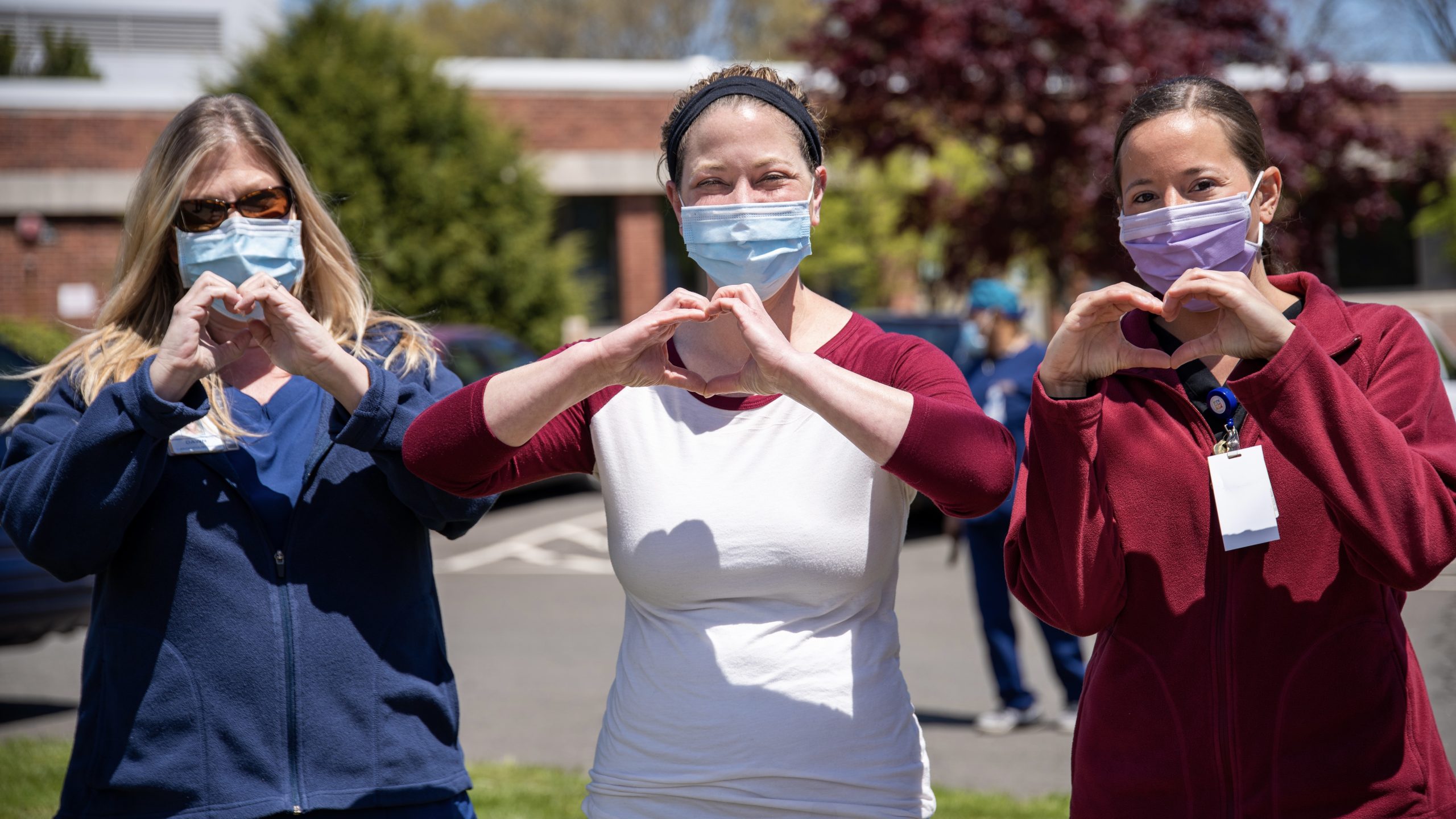Community health centers and free clinics serve patients who are especially vulnerable to climate change. Many have chronic conditions that put them at higher risk during extreme heat.
“And many of the patients also work outdoors … so they are faced with extreme weather, even when, for most people, they’re able to escape,” says Saqi Maleque Cho of Americares, a health-focused relief and development organization.
Her group recently worked with the Harvard T.H. Chan School of Public Health to create a tool kit for clinics.
It includes guides for helping patients learn about the health risks of extreme weather and how to prepare.
“So for example, our, our hurricane resources remind patients to refill their medications before a major storm,” she says. “For our diabetic patients who depend on insulin, we remind them to keep ice packs in a cooler, in the event of a power outage, so that they can keep their medication at the required temperature.”
Cho says the resources help health care providers educate patients before an emergency.
“In certain locations, extreme weather events are happening more frequently,” she says. “And so these conversations are really important to have ahead of time.”
Reporting credit: ChavoBart Digital Media
Source link


